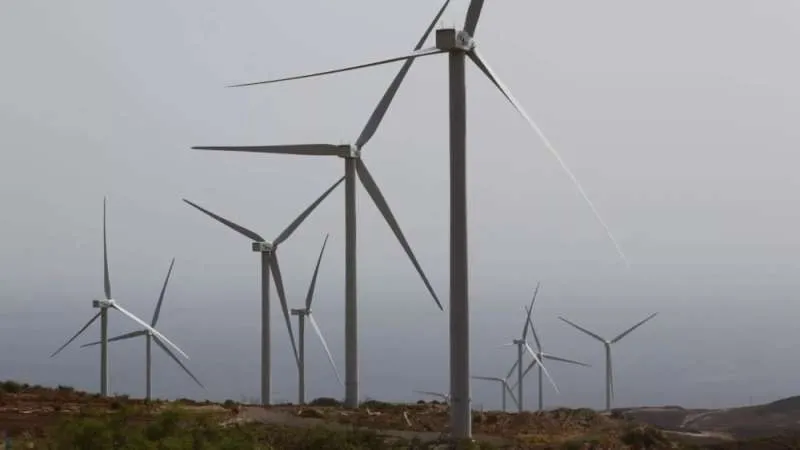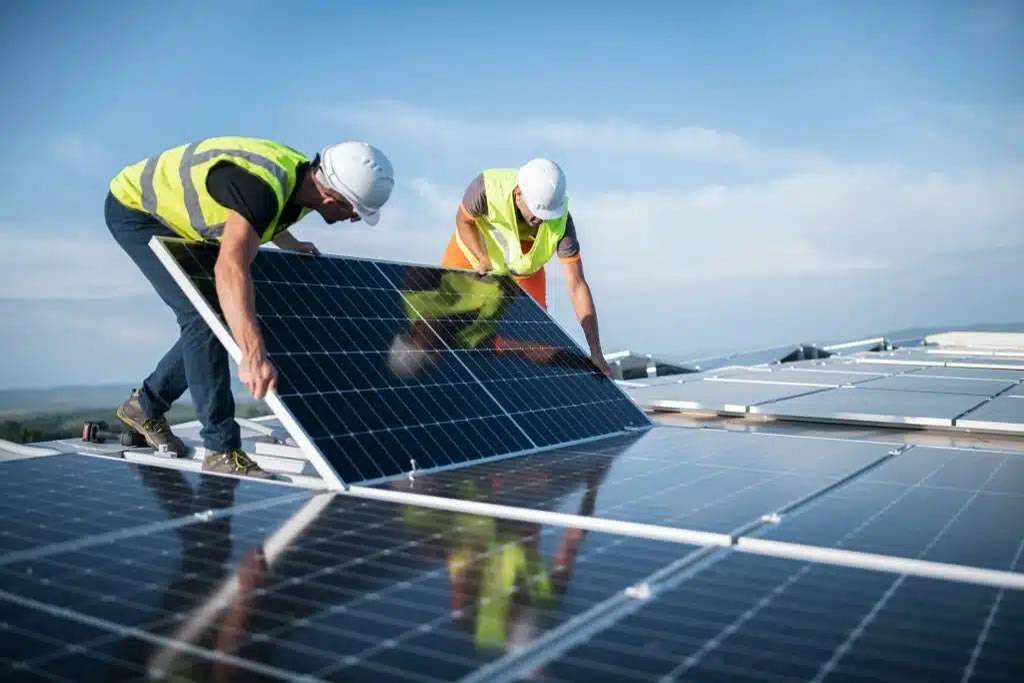The Canary Islands Government confirms modifications to the new Climate Change Law
- 24-06-2024
- National
- Canarian Weekly
- Photo Credit: Pexels
The Canary Islands Government have announced significant modifications to the existing Climate Change and Energy Transition Law. Although the full text of the new decree-law has not yet been released, Mariano Zapata, the Regional Minister for Ecological Transition, has shared some of the forthcoming changes that will impact public administrations, businesses, and citizens.
The revised law will be reduced from 93 to 84 articles, eliminating some previous plans, relaxing certain obligations, and introducing stricter new requirements. The approval of the new text is expected before August.
Solar Panels on Rooftops:
One of the most impactful measures for both citizens and municipalities is the new requirement that all newly constructed or renovated rooftops must allocate 100% of their surface area to photovoltaic installations. This will override any existing regulations that are contrary to the installation of solar panels on rooftops. The installation of pergolas for mounting the panels will also be permitted.
Renewable Energy Acceleration Zones:
The new law will establish renewable energy acceleration zones to streamline the implementation of wind and photovoltaic parks. These zones, agreed upon with all island councils (Cabildos), will allow projects to undergo a simplified environmental assessment.
Carbon Footprint Registry:
A relaxation in the law concerns the mandatory carbon footprint registry, which will now apply only to medium and large businesses and all tourism-related enterprises, rather than all companies.
Green Spaces and Tree Planting:
Municipalities will have new responsibilities, including the requirement to have at least 10 square metres of green space per inhabitant and one tree for every three inhabitants in their General Urban Plans. This could be particularly challenging for the eastern islands (Lanzarote and Fuerteventura), but the ministry is committed to finding viable solutions.
Public Energy Company:
The revised law will establish a public energy company for the production and commercialisation of electricity through renewable energy installations. This company will also oversee mitigation and adaptation projects and provide technical advice and assistance.
Local Participation in Renewable Projects:
Future renewable energy projects exceeding 2 megawatts will be required to ensure at least 20% local participation, involving businesses, administrations, or citizens from the Canary Islands.

Green Training Program:
A green training program will be introduced to boost employment in sectors related to the energy transition. This initiative aims to retrain workers from vulnerable sectors.
Climate Action Projects:
The law will declare climate action projects of general interest, which will expedite necessary works in the approximately 50 areas at risk due to rising sea levels in the Canary Islands. Critical infrastructures such as power plants and desalination facilities will need to develop adaptation plans to protect against climate change effects.
Structural Changes:
The decree will streamline the ministry's structure by replacing the Inter-administrative Commission for Climate Action, Energy, and Water with the Canary Commission for Climate Action and Energy, which must be established within three months. Additionally, the creation of the Canary Agency will be replaced by a Canary Office for Climate Action, which will have six months to be established and will consist of 25 staff members.
Strategic Instruments:
The new law will restructure strategic instruments, eliminating the Climate Action Strategy, the Canary Strategy for Just Transition and Climate Justice, the Canary Climate Action Plan, and the controversial Canary Energy Transition Plan.
They will be replaced by two regional plans: the Canary Integrated Energy and Climate Plan and the Canary Climate Adaptation Plan, along with two local plans: the Island Climate Action Plans (for Cabildos) and the Sustainable Climate and Energy Action Plans (for municipalities).
These changes aim to modernize and strengthen the Canary Islands' approach to climate change and energy transition, promoting sustainability and resilience in the face of environmental challenges.
Other articles that may interest you...
Trending
Most Read Articles
Featured Videos
TributoFest: Michael Buble promo 14.02.2026
- 30-01-2026
TEAs 2025 Highlights
- 17-11-2025



























































